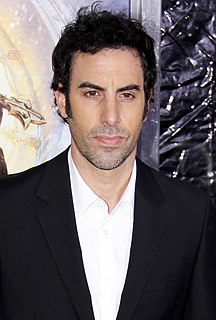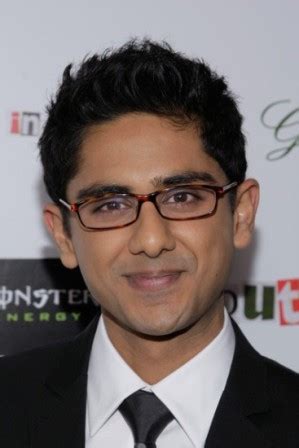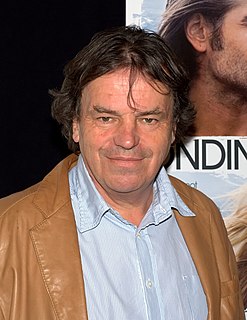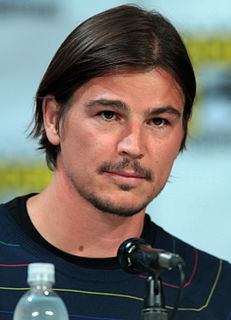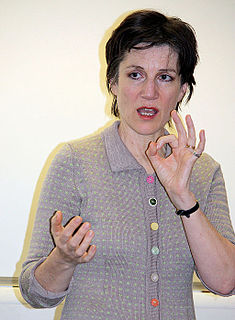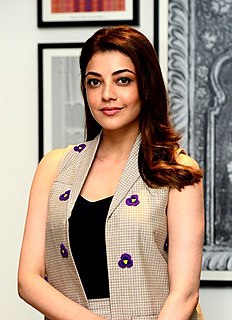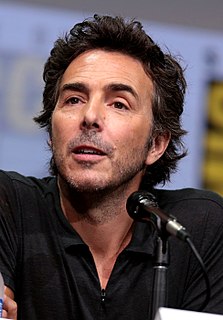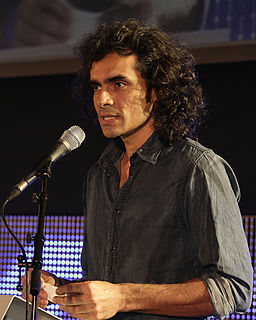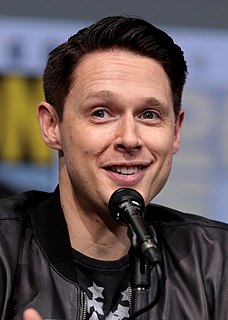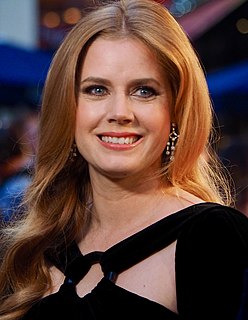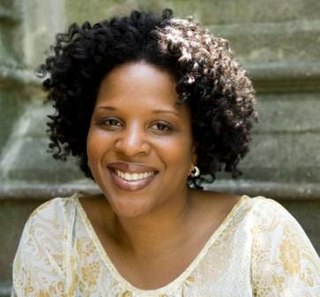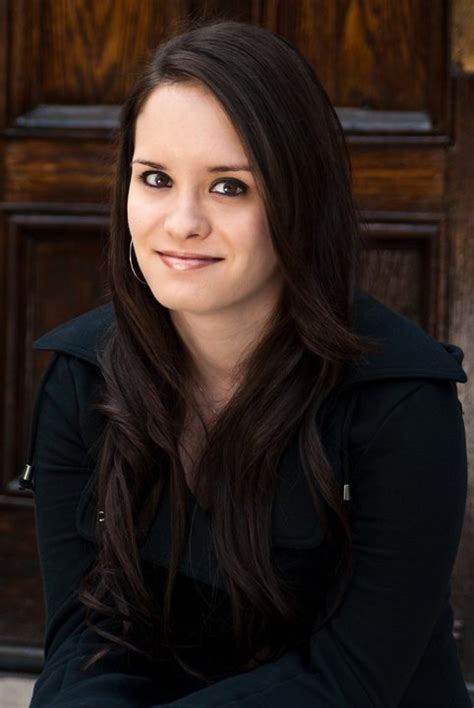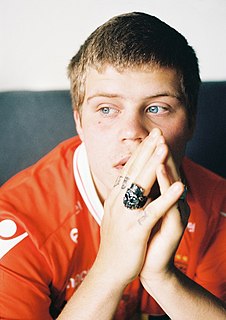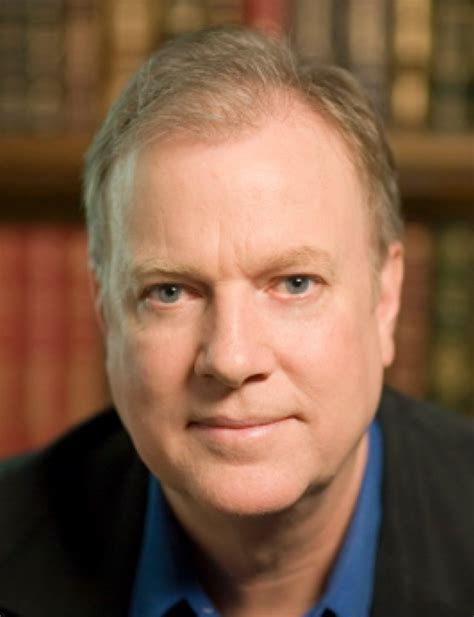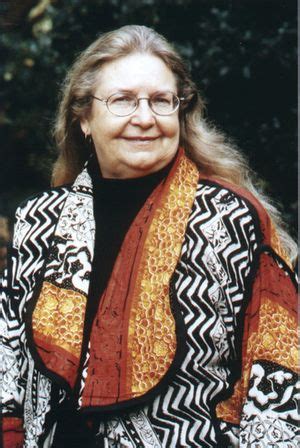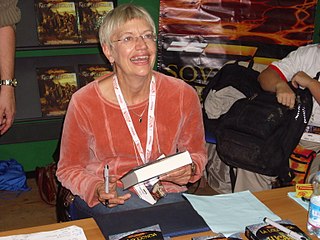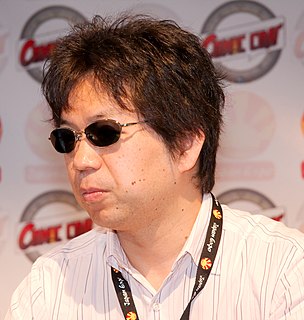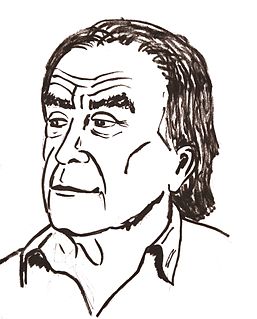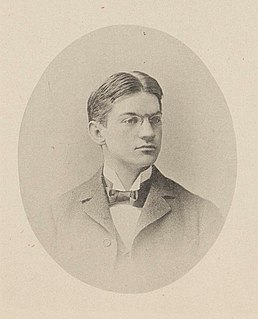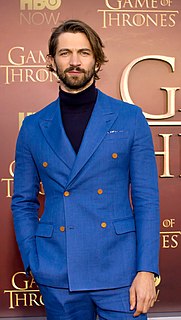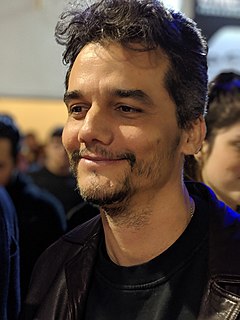Top 1200 Interesting Characters Quotes & Sayings - Page 15
Explore popular Interesting Characters quotes.
Last updated on April 21, 2025.
The whole nature of the show [ Dirk Gently's Holistic Detective Agency] is that everything is connected, and everything is interconnected. You have all of these strands with all of these characters, and you watch the characters interact and you wonder, "What do they have to do with each other? How does any of this link?"
When you start writing, you have your characters on a metaphorical paved road, and as they go down it, all these other roads become available that they can go down. And a lot of writers have roadblocks in front of those roads: they won’t allow their characters to go down those roads... I’ve never put any roadblocks on any of these paths. My characters can go wherever they would naturally go, and I’ll follow them.
Characters who are absolutely sure about what they do, who plunge ahead without fear, are not that interesting. We don’t go through life that way. In reality, we have doubts just like everyone else.
Bringing your Lead’s doubts to the surface in your plot pulls the reader deeper into the story, and this is an excellent way to coax the reader to lose himself in the story world you’re about to create.
There are times that you have a plot in your head, but then you find that the characters don't want to do that. When you're looking at the story from the outside, you can create whatever twists and turns you want. But when you're writing, you're inside the characters' heads, and you see that they may be motivated to do something different.
I'm selfish, I think. I think an artist has to be. I'm not worried about what people think. I play the parts that I find interesting. It'd bother me more to be just pigeonholed into doing what people think is ethical or that's boring to me. I don't pick parts with that in mind, I just find interesting stories. If it's interesting to me, then I do it.
